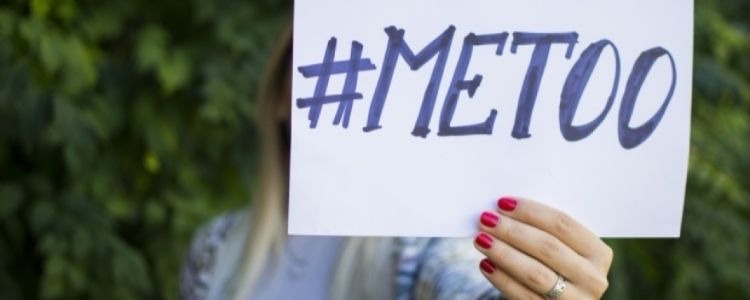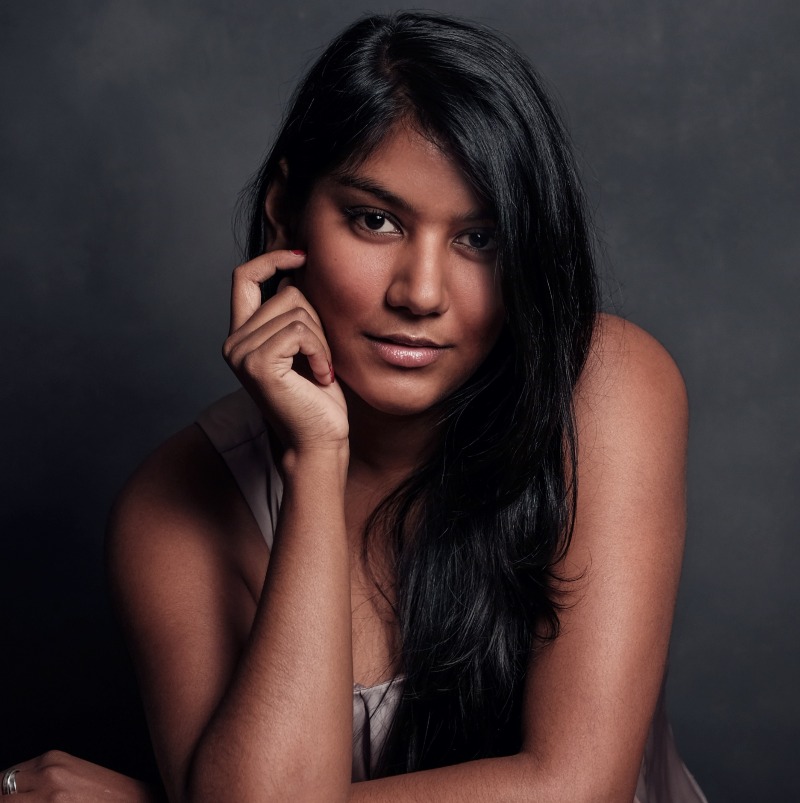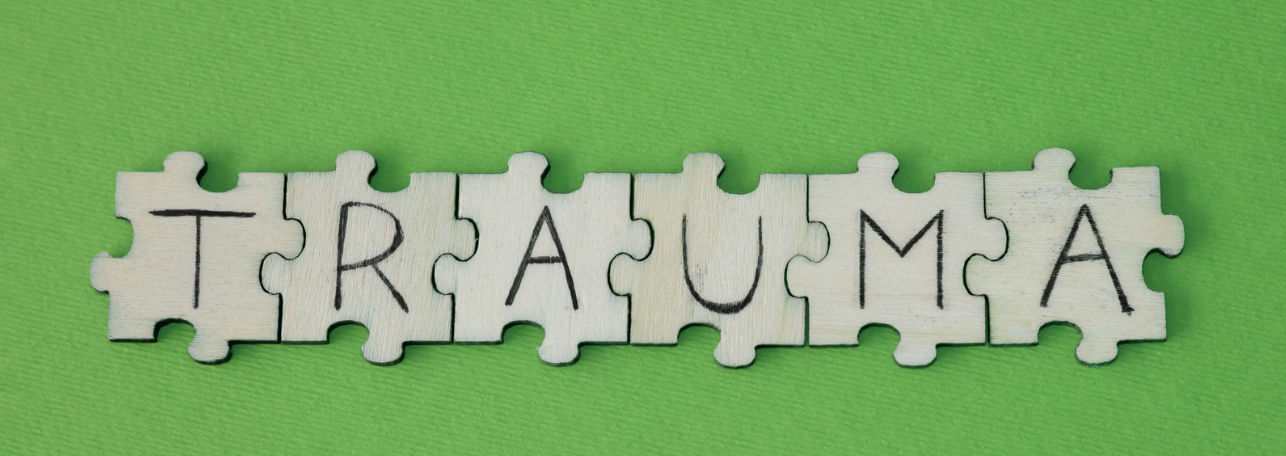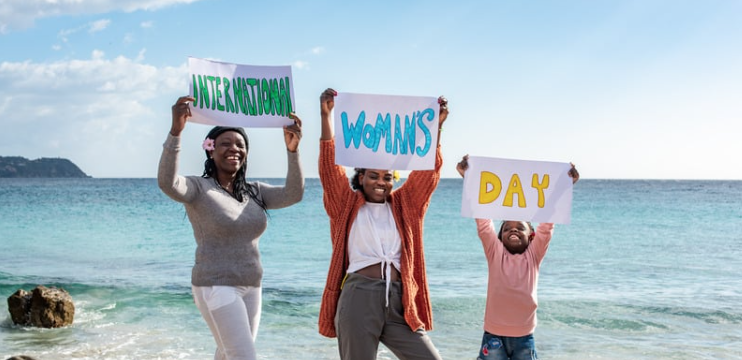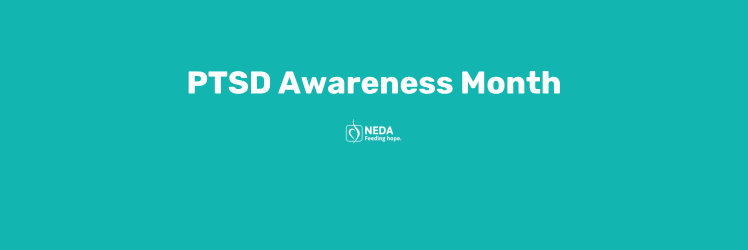The year 2017 has been an uphill battle for women, and a year of liberation. Numerous people have asked me how I feel about the #MeToo movement being a person who could say, “me too.” In 2015, I released my first book, CONTROLLED, a memoir which details my own sexual assault and its aftermath. Through my book I outline what occurred after my assault, a legal case I never wanted and a battle against anorexia to cope with PTSD.
Through the experience, I learned it is reported that 30% of people with eating disorders have been sexually abused, but I’d be willing to guess that 30% is nowhere near the real number of victims. There is a huge stigma surrounding sexual assault.
I don’t think women, men, girls or boys have been so forthcoming and willing to remove that shame until the year 2017, which is one of the greatest changes I could ever hope to see. I could not be prouder of every single person who did, in my opinion, the bravest thing a person can do: put their shame aside for the greater cause.
The two years following the release of my book became a constant learning curve I never expected, for a variety of reasons. It could have been the sheer excess of emotions I was not prepared for, or the hundreds of people who reached out to share their stories. But in focusing on the year of 2017, most of the questions I received were surrounding the #MeToo movement and my reactions. Was I triggered? Was I upset? Or, was I empowered?
Actually, my first reaction was validation. For many years I felt like I was screaming in a crowded room and no one would even turn their head. I just wanted to get one person to listen to me, to be able share my story, to get people to care about this global issue. I have always been passionate about social advocacy and I’ve seen that sharing my story inspires others to know they are not alone and their trauma is not their fault.
Unfortunately, I feel that we live in a world where everyone’s problems are boring until their problem becomes your problem. No one realizes just how bad this issue is, or how deep it goes.
As for the movement, it sometimes seems overwhelming, but that’s the exact reason why it is also so empowering and far-reaching. For me, I’ve always known, through the writing of my book that began at age 18, that my sexual assault was never my fault.
However, not everyone does. Society continually blames the victims and even family and friends are unable to offer their support. It is impossible to cope with trauma from a sexual assault or rape by yourself. I tried to deal with it on my own, and that ended up in a battle of numbers and control. This battle over control took me years to get out of. It wasn’t until I began writing my book that I was able to speak about my past and come to terms with it.
Control is a near impossible force to regain, once you have lost it. After I was sexually assaulted I felt like my body was not my own anymore. It felt like something that no longer belonged to me, and consequently had no worth. With extreme confusion on where I belonged in the world at fourteen, I didn’t feel like a child anymore. I felt like my innocence was gone and began down a rabbit hole of trying to regain my childhood self by controlling how I looked and what I ate. In some twisted way, it made me feel safer. I was able to escape reality and live in a world of self-preservation, never facing my real problem: I had lost control.
For those who have experienced trauma, I don’t need to tell you what it feels like to turn on survival mode. But for those who don’t, I cannot express enough the importance of empathy. People forget how toxic shame is and how it keeps the struggle alive for those who have experienced sexual assault and eating disorders.
I look forward to living in a world without abuse. I have always been a skeptic on whether or not that world is possible, but the #MeToo movement has given me, and so many others, hope.
If you or someone you care about has been the victim of sexual assault, please act now to ensure that you get the help you need and deserve. Call RAINN’s National Sexual Assault Hotline at 800-656-HOPE.
For recovery resources and treatment options, please visit our help and support page. If you or someone you know is struggling with an eating disorder, call ANAD’s Helpline at: (888) 375-7767 or the National Alliance of Eating Disorders Helpline at: (866) 662-1235.
If you are thinking about suicide, call or text the National Suicide Prevention Lifeline at 988. In crisis situations, text “NEDA” to 741741 to be connected with a trained volunteer from the Crisis Text Line.
Take action today! Channel your inner champion, face your fears, and raise money for a great cause through NEDA’s Fearless Challenge! Is there that one thing you have always wanted to do but something has been holding you back? Maybe it’s sharing your story in front of a crowd, attending a march or protest, or something as simple as posting an unedited selfie. Whatever that one thing is, now is your chance! Join the campaign by visiting myneda.org/fearless.
Neesha Arter is a journalist, author, and speaker in New York City. Her memoir, CONTROLLED, was published in August 2015. Her work has appeared in The New York Times, The Daily Beast, the New York Observer, New York Magazine, Interview, Teen Vogue, and others. Neesha is also an advocate, appearing in the UN’s He for She Campaign, End Rape on Campus, Newsweek, The U.S. Office on Women’s Health, Huffington Post, and more, sharing her story to promote sexual assault and eating disorder awareness.

